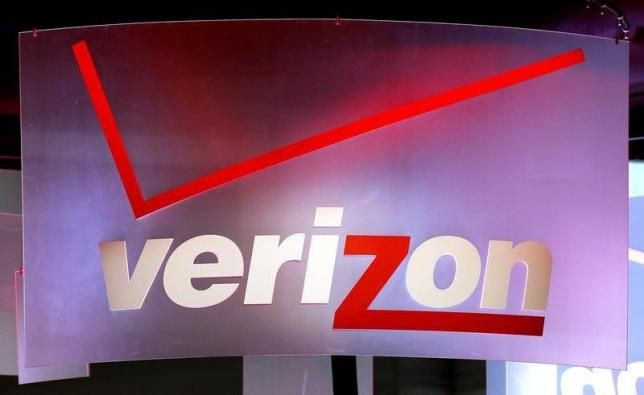Verizon Buying AOL Could Help Bundle-Busting Telecom Giant’s Over-The-Top TV Endeavors

Verizon wants to become a major force in Internet television, and it looks like it will be getting help from one of the Internet’s oldest companies. Although news the telecom giant will acquire AOL Inc. for $4.4 billion may have inspired obvious jokes about your grandparents’ email, the deal could have a major impact on the future of TV.
“When you look at the wireless carriers and at the TV providers, they’re eyeing each other knowing that the industries are converging,” said Sarah Kahn, a research analyst at IBISWorld who covers media and telecommunications. “TV viewership on traditional TV has been going down, and TV viewership online and especially on mobile has been going up.”
Television is becoming less linear and more mobile every day. And as consumers abandon bloated cable bundles and migrate to on-demand viewing and smaller screens, wireless giants like Verizon are perfectly poised to benefit from the shift -- but they need help.
Advertising Is The Key
It’s no secret Verizon is seeking to join the ranks of companies like Dish Network Corp. and Sony that offer over-the-top, or OTT, television services that compete with traditional cable bundles. Earlier this year, the wireless giant announced a deal to offer more than 200 hours of original content from DreamWorks’ AwesomenessTV.
To that end, AOL has advertising technologies Verizon can use to distribute Web video with advertising attached. Through its “AOL One” platform, AOL is one of the few companies with a full “stack” of ad tech that can automate the moving of ad dollars among Web display, video and mobile -- and, soon, television.
AOL’s rapidly growing “Platforms” segment is already well-positioned to handle cross-screen trends for digital media advertising, according to Kahn.
Verizon is already a major distributor of mobile video, and AOL is the third-largest desktop video company in the United States behind Google and Facebook. The company may not be the giant it was at the dawn of the Internet era, but it has carved out a decided niche since its spinoff from Time Warner Inc. in 2009.
“We can envision a scenario in which Verizon leverages AOL’s ad tech platform to target consumers and measure their engagement across traditional and digital video,” analyst Craig Moffett of Moffett Nathanson said in a blog post Tuesday.
AOL also owns a number of digital media brands -- including the Huffington Post and TechCrunch -- and has been aggressively pushing original content through its AOL Originals division. While none of its brands is a serious force in television, they could come in handy in Verizon’s content efforts down the road. “Getting the viewers from AOL, basically purchasing viewers, is one way to expand,” Kahn said.
No Love For The Bundle
Verizon has already proved it has no love for status quo when it comes to pay television. Last month it drew the ire of major media companies when it launched, without warning, a number of custom packages for its FiOS TV service. The service allows subscribers to purchase “skinnier” bundles based on various genre. Conglomerates such as NBCUniversal and 21st Century Fox said the service violates existing carriage agreements. ESPN, which is owned by the Walt Disney Co., filed a lawsuit over the service.
Moffett said Tuesday the custom service left many analysts “scratching our heads,” given that Verizon will presumably have to play nice with those same media companies if it hopes to become a force in over-the-top television. Alternatively, though, Verizon could come out with a service that looks nothing like cable at all, including in the content it offers.
“Maybe they don’t care,” Moffett wrote. “Linear TV watching is down 5 percent, after all. With younger audiences, it’s down 16 percent. By contrast, Web content viewing is up over 30 percent in younger audiences, and mobile video watching up over 20 percent. Perhaps Verizon has no real intention of enlisting old-line media companies into their disruptive offering. ... Perhaps their planned offering really is aimed at ‘what comes next.’ ”
Christopher Zara is a senior writer who covers media and culture. News tips? Email me here. Follow me on Twitter @christopherzara.
© Copyright IBTimes 2024. All rights reserved.






















